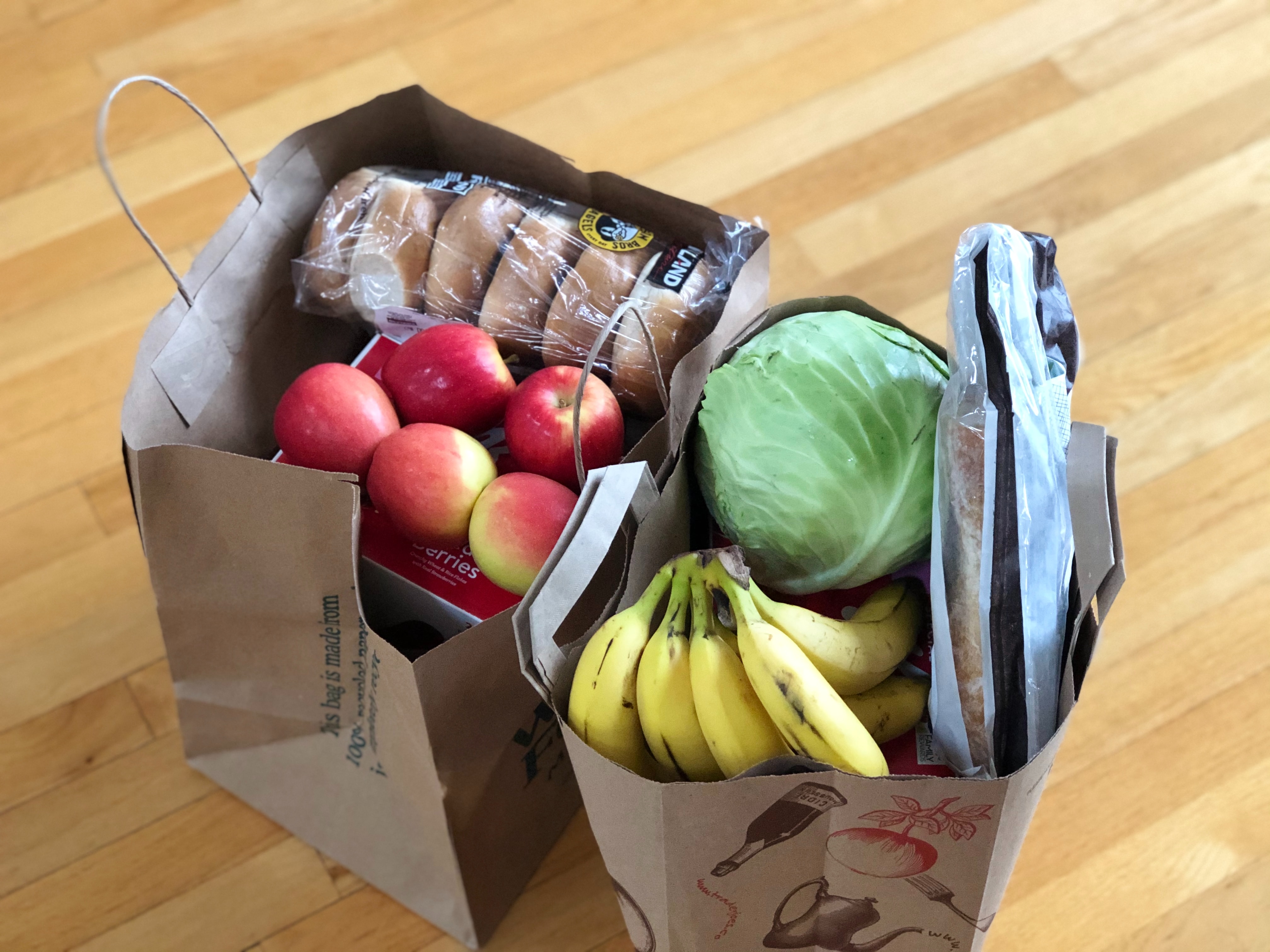Search Category: Income Tax
WITHDRAWN_170-294-006-784
25486
25485
25488
25487
25489
25495
25490
25498
Tax Update for Summer 2022
Here’s the Summer 2022 issue of Tax Update — our newsletter for the business community. This edition features articles about new tax laws, the tax rebate, beer and wine returns on TAP, and how sales tax applies to labor and propane.
New tax laws — What you need to know
The 2022 Idaho Legislature passed tax laws about the sales tax exemption for certain semiconductor projects, an income tax rate reduction, a future grocery credit increase, and more. Below are some highlights. For more details about the legislation, visit the Legislature’s website.
Income tax
Idaho conforms to Internal Revenue Code for 2022
Idaho conforms to the Internal Revenue Code for tax years beginning in 2022 with the following exceptions:
- Idaho doesn’t conform to the federal unemployment insurance exemption of up to $10,200 per person for 2020.
- Idaho doesn’t conform to the lifting of the 461(l) noncorporate business loss.
House Bill 472 – Effective January 1, 2022
Lower tax rates, tax rebate
Idaho has reduced its income tax rates. The corporate tax rate is now 6%. For individual income tax, the rates range from 1% to 6%, and the number of brackets have dropped from five to four. The state also is providing a one-time tax rebate.
House Bill 436 – Effective January 1, 2022
Changes to state and local tax (SALT) workaround
Trusts, estates, and tiered pass-through entities can now be members of the entity making the affected business entity (ABE) election for the SALT workaround. Also, the ABE pays the permanent building fund tax on behalf of nonresident owners only. The SALT workaround allows entities to pay tax for its members as a workaround for the $10,000 limit on the federal deduction for state and local taxes.
House Bill 713 – Effective January 1, 2022
Grocery credit increase in 2023
Eligible Idaho residents will see their grocery tax credit increase from $100 to $120 starting in tax year 2023. Idahoans who are 65 and older will see their credit increase from $120 to $140.
House Bill 509 – Effective March 29, 2022

Apportionment factor simplified
Businesses will now apportion their multistate income using market-based sourcing instead of cost-of-performance. They’ll also use a single-sales factor apportionment instead of a three-factor apportionment, except for traditional special industries.
House Bill 563 – Effective January 1, 2022
Changes to bonus depreciation
A 2021 law revised Idaho Code so that Idaho taxable income doesn’t include a bonus depreciation add-back if the depreciation couldn’t be used on the federal return.
In 2022, the statute of limitations extends to anyone who filed without adding back the bonus depreciation expense amount as allowed by this law on or after January 1, 2016.
House Bill 714 – Effective January 1, 2021
Credit for certain taxes paid
This law extends the statute of limitations to claim a credit for certain taxes paid from three years to 10 years.
House Bill 715 – Effective January 1, 2022
Sales tax
Vehicles use tax exemption for trusts
The use tax exemption for personally-owned vehicles now applies to grantor trusts. A person or trust can buy a vehicle in another state, and the exemption applies up to 90 days after bringing the vehicle into Idaho.
House Bill 480 – Effective January 1, 2020

Exemption for certain semiconductor projects
Semiconductor companies can get an exemption from sales and use taxes for construction and building materials used to construct, expand, or modernize a semiconductor facility in Idaho. The exemption applies to qualifying projects and involves advance requests and signed agreements with the Idaho Department of Commerce.
House Bill 678 – Effective January 1, 2022
Property tax
Changes to the Property Tax Reduction program
Homeowners with an assessed home value that’s more than $300,000 or 150% of their county’s median price, no longer qualify for the Property Tax Reduction program. They can apply for the Property Tax Deferral program instead.
House Bill 481 – Effective January 1, 2022
Property tax rebate from cities
Cities can issue property tax rebates to homeowners using any criteria they choose. If cities decide to have a rebate program, the Tax Commission must give them a list of taxpayers in their area who’ve received a property tax reduction from the state. The total amount of property tax relief homeowners receive can’t exceed what they paid in property taxes.
House Bill 550 – Effective March 21, 2022
Other
Empowering parents grant
Some parents qualify for grants to pay the education expenses of their at-risk children, depending on the family’s income level. Eligible expenses include computers, tutoring, internet, and similar needs. The Tax Commission will verify the parents’ adjusted gross income. The funds aren’t taxable income.
Senate Bill 1255 – Effective March 1, 2022

File beer and wine returns on TAP
Beer and wine distributors: You can now file returns through Taxpayer Access Point (TAP). TAP’s more accurate because it does the math, and it’s faster because it only shows the return rows that apply. You also can pay through TAP. Get a TAP account if you don’t have one at tax.idaho.gov/gototap.

Reminder to retailers on applying sales tax law
Some members of the public have contacted the Tax Commission to report that Idaho retailers don’t always follow Idaho sales tax law for propane sold in small amounts and labor related to tires.
Propane
Propane used for heating a building or cooking in a home isn’t subject to Idaho sales tax. You can sell 15 gallons or less of propane exempt from sales tax without collecting a completed exemption certificate from your customer.
Tires
Sales tax applies to the amount agreed for services that go with the sale of a tire, such as balancing, studding, siping, or similar activities. Sales tax will apply to the total amount charged for the tire, the services, and the materials used to perform the services.
However, sales tax doesn’t apply to the amount charged for balancing, studding, or siping a tire owned by the customer. Also, sales tax doesn’t apply to a separately-stated fee to mount or install a tire, whether it’s sold new or owned by the customer.
A customer who believes a retailer has charged them sale tax in error can request a refund from the retailer. If the retailer declines the refund, the customer can request it directly from us by filing a Form TCR available on our website at tax.idaho.gov/salesusehub.
Learn more about sales tax when it comes to propane and tire labor by reviewing our Sales/Use Tax Hub and the Idaho sales and use tax administrative rules.
If you have any questions, please email us at Submit a question or call us at (208) 334-7660 in the Boise area or toll free at (800) 972-7660.
How to check on your 2022 Rebate
Idahoans who qualify for the 2022 income tax rebate can track their payment online at tax.idaho.gov/rebate. The rebate tool is available 24 hours a day and is the fastest way to find a rebate’s status. For more information about the tax rebates, visit tax.idaho.gov/rebateinfo. You also can view the 2022 tax rebate video on the Tax Commission’s website.

Estimate your property taxes
Want to know what your property tax bill might be this year? Residents in 38 Idaho counties can estimate their 2022 property taxes by using a calculator.
To use the estimator, you’ll need the net taxable property value and tax code area information listed on your property tax assessment notice.
Estimates the calculator provides might not include levies for new taxing districts and recent voter-approved funds. They also don’t include fees (e.g., solid waste, forest protection) that might be billed on tax notices. Please contact your county treasurer for a list of fees in your area.
Watch our Tax Help Videos, follow us on social media
Can I request a payment plan? What is Taxpayer Access Point (TAP), and how do I use it? Find the answers when you watch our Tax Help Videos.
Subscribe to idahostatetax on YouTube to see the latest videos or check out our recorded webinars.
You can also follow us on Facebook, Instagram, Twitter, and LinkedIn.
Stay informed
Sign up to receive our e-newsletters for general audiences or tax professionals.
